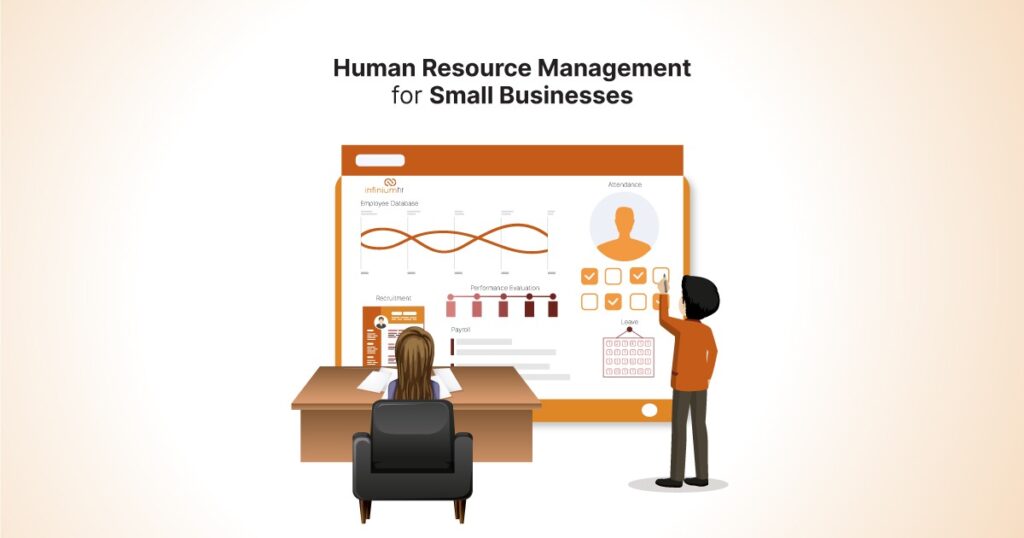In today’s competitive landscape, small businesses face unique challenges in managing their workforce. Effective Human Resource Management (HRM) can significantly streamline operations, enhance employee satisfaction, and foster a productive work environment. From recruitment to compliance, HRM is the backbone of efficient business operations. Let’s delve into what HR management is, its importance, and how small businesses can implement a strategic HRM plan.
What Is Human Resource Management?
Human Resource Management (HRM) refers to the strategic approach businesses use to manage their workforce. This includes recruiting, hiring, onboarding, training, and managing employee benefits. For small businesses, HRM is a vital tool to build a motivated and high-performing team.
Key responsibilities of an HR department include:
- Overseeing recruitment and promotions.
- Managing employee benefits and wellness programs.
- Developing training and career advancement plans.
- Ensuring compliance with employment laws and policies.
Benefits of HR Management for Small Businesses
Small businesses may perceive HR management as a function reserved for larger organizations, but the reality is quite different. A dedicated HRM strategy offers numerous advantages:
1. Streamlined Recruitment and Retention
Recruiting the right talent is a time-consuming yet critical process. Studies reveal that it takes an average of 23 days to hire a candidate. HR professionals not only expedite this process but also enhance onboarding experiences. According to a Harris Poll, 93% of employers agree that robust onboarding improves employee retention.
Interlink: Learn more about best practices for employee onboarding.
2. Enhanced Workplace Culture
A diverse and inclusive workplace culture fosters belonging and motivation. Employees in inclusive environments are more engaged and productive. HRM can help small businesses create policies that prioritize inclusion and build a positive company culture.
3. Competitive Employee Benefits
Offering attractive benefits packages is essential to retain top talent. HR professionals can help businesses design competitive benefits, including health insurance, retirement plans, and wellness programs. Partnering with a Professional Employer Organization (PEO) may also be beneficial for small businesses to access a wider range of benefits.
4. Compliance with Employment Laws
HR departments ensure that businesses adhere to local, state, and federal employment regulations. Non-compliance can lead to legal issues and financial penalties, making HRM indispensable for staying updated on labor laws.
How to Build an Effective HR Management Plan
For small businesses, crafting a strategic HR plan involves several key steps:
- Conduct a SWOT Analysis: Assess your organization’s Strengths, Weaknesses, Opportunities, and Threats concerning HR efforts.
- Define Objectives: Align HR goals with overall business objectives, considering the future needs of your workforce.
- Address Key Questions:
- What is the company’s mission?
- What benefits should be offered?
- How can employee safety be ensured?
- Leverage Technology: Implement HR software to automate repetitive tasks, streamline payroll, and manage compliance effortlessly.
HR Software: A Game-Changer for Small Businesses
Modern HR software offers tools to optimize HR operations, from scheduling to onboarding and compliance. By automating manual tasks, businesses can focus on growth and employee engagement.
Interlink: Check out our guide on the best HR software solutions.
Conclusion
For small businesses, investing in Human Resource Management is not just an operational necessity but a strategic move towards sustainable growth. By fostering a strong workplace culture, ensuring compliance, and streamlining recruitment, HRM empowers businesses to build a resilient and productive team.
If you’re looking to enhance your HR operations, consider consulting with industry experts. Their guidance can help you create an HR strategy tailored to your unique business needs.

